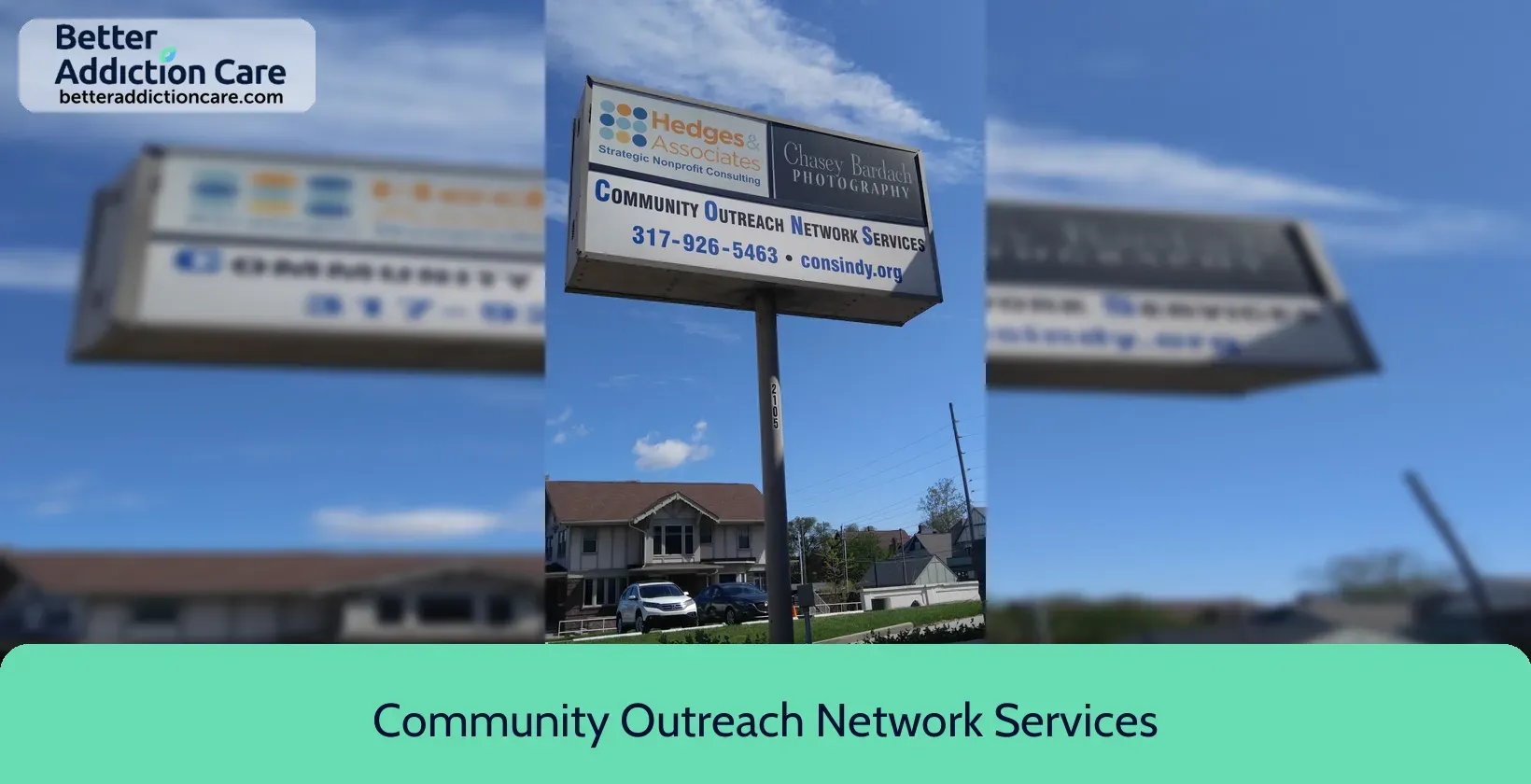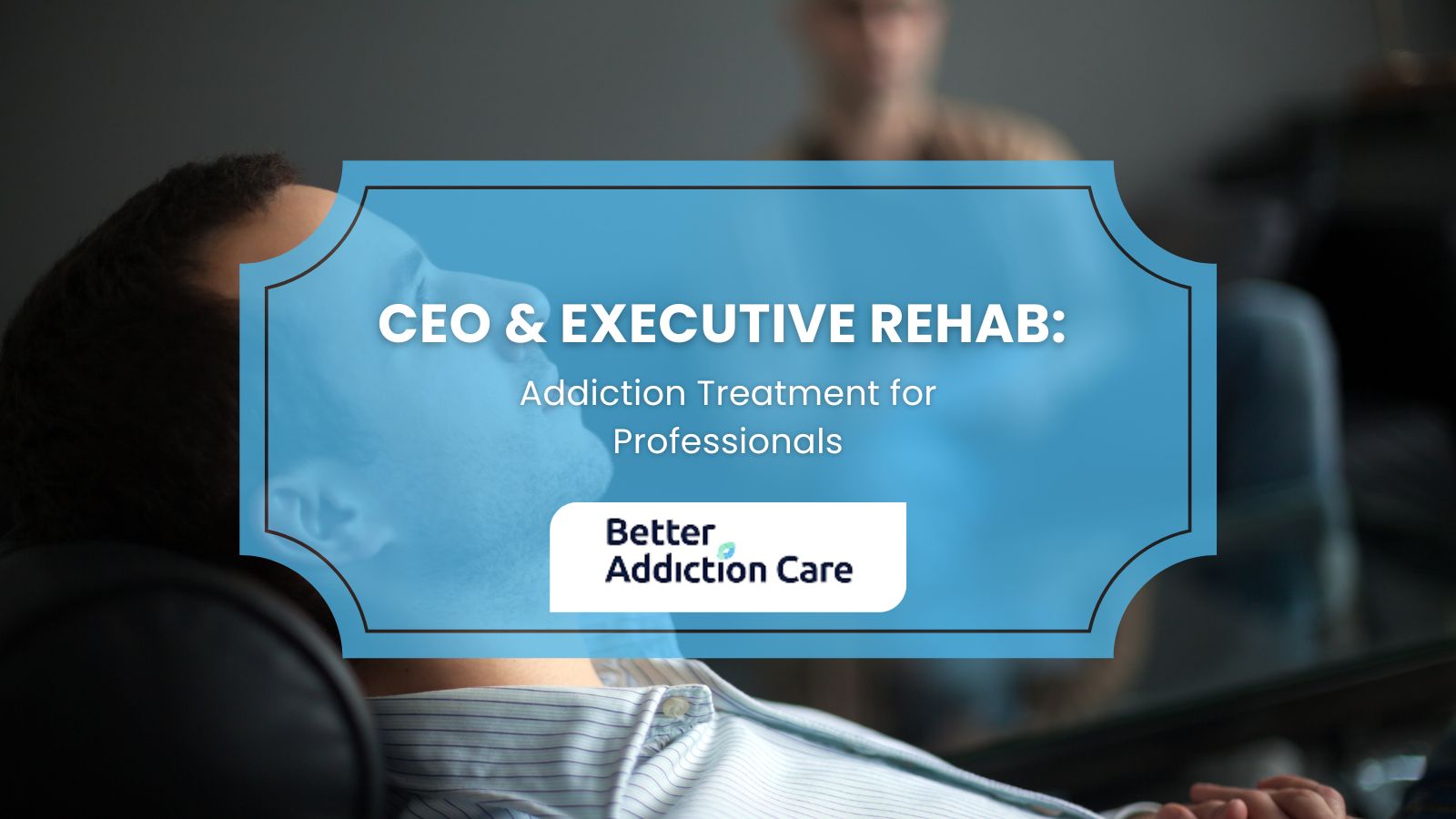Community Outreach Network Services
Overview
Community Outreach Network Services is a substance abuse treatment center for people seeking treatment near Marion County. As part of their treatment modalities for recovery, Community Outreach Network Services provides 12-step facilitation, individual psychotherapy, and family counseling during treatment. Community Outreach Network Services is located in Indianapolis, Indiana, accepting cash or self-payment for treatment.
Community Outreach Network Services at a Glance
Payment Options
- Cash or self-payment
- Sliding fee scale (fee is based on income and other factors)
- Private health insurance
- Per session
- Medicaid
Assessments
- Comprehensive mental health assessment
- Comprehensive substance use assessment
- Screening for tobacco use
- Interim services for clients
- Outreach to persons in the community
Age Groups
- Young adults
- Adults
- Seniors or older adults
- Seniors
Ancillary Services
- Case management service
- Suicide prevention services
- Early intervention for HIV
- Mental health services
- Social skills development
Highlights About Community Outreach Network Services
7.25/10
With an overall rating of 7.25/10, this facility has following balanced range of services. Alcohol Rehabilitation: 8.23/10, Drug Rehab and Detox: 6.31/10, Insurance and Payments: 6.27/10, Treatment Options: 8.18/10.-
Alcohol Rehabilitation 8.23
-
Treatment Options 8.18
-
Drug Rehab and Detox 6.31
-
Insurance and Payments 6.27
Accreditations
SAMHSA certification for opioid treatment program (OTP):
SAMHSA's Opioid Treatment Programs (OTPs) accreditation is a rigorous recognition process that signifies an OTP's commitment to providing high-quality care for individuals dealing with opioid use disorders. It assures patients, families, and the community that the program adheres to evidence-based practices, employs qualified staff, and maintains a safe treatment environment. This accreditation is a symbol of quality and accountability, offering confidence in the program's ability to support individuals on their path to recovery from opioid addiction.
State mental health department:
State mental health department accreditation refers to the process of evaluating and certifying the quality and standards of a state's mental health department, ensuring that it provides high-quality services and meets specific criteria for mental health care. The accreditation process is performed by a third-party organization and helps to improve the overall care and treatment of individuals with mental health conditions.
Federally Qualified Health Center:
Federally Qualified Health Center (FQHC) accreditation is a process of evaluation and recognition by the federal government for community health centers that provide comprehensive and accessible healthcare services to underserved populations. FQHC accreditation is essential for centers to receive federal funding and to ensure that they meet standards for quality, patient-centered care.
Treatment At Community Outreach Network Services
Treatment Conditions
- Mental health treatment
- Alcoholism
- Opioid Addiction
- Substance use treatment
- Co-occurring Disorders
Care Levels
- Intensive outpatient treatment
- Detoxification
- Aftercare
- Outpatient
- Hospital inpatient treatment
Treatment Modalities
- 12-step facilitation
- Individual psychotherapy
- Family counseling
- Marital/couples counseling
- Dialectical Behavior Therapy
Ancillary Services
Additional Services
- Pharmacotherapies administered during treatment
- Holistic Treatment
- Breathalyzer or blood alcohol testing
Special Programs
- Clients with HIV or AIDS
- Pregnant/postpartum women
- Clients who have experienced trauma
- Clients with co-occurring mental and substance use disorders
- Veterans
Contact Information
Read our Most Recent Article About Drug Addiction
DISCLAIMER: The facility name, logo and brand are the property and registered trademarks of Community Outreach Network Services, and are being used for identification and informational purposes only. Use of these names, logos and brands shall not imply endorsement. BetterAddictionCare.com is not affiliated with or sponsored by Community Outreach Network Services.









